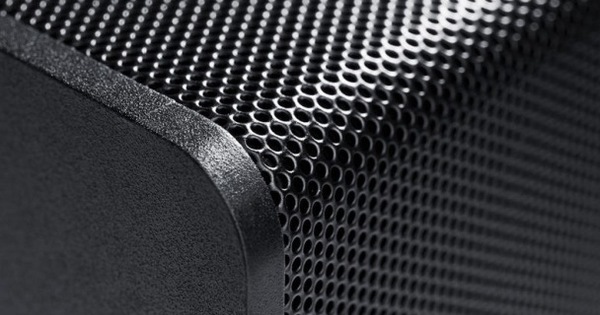Microsoft doesn't miss a chance to label Edge as the best browser for Windows 10. It would be the fastest, safest, most energy efficient and much more. But usage statistics paint the picture of a browser that does not catch on at all. Thats crazy. Because if it really is the best browser for Windows 10, why isn't Edge used much more? There's only one thing left to do: test whether Edge is really better than its rivals: Chrome, Firefox, Internet Explorer and Opera.
Choosing a browser is important for several reasons. To begin with, it is nowadays related to the choice of a smartphone. Those who choose Android use a Google account to sync things from Android. That motivates you to choose Google Chrome right away, because then you can keep your favorites in sync, for example. Perhaps the low market share of Windows phones also plays a part in the moderate popularity of Edge. Worldwide, 64 percent of web visitors use Chrome, Safari (Apple) is in second place with 13.6 percent, Internet Explorer and Edge share third place with a combined 8 percent.
Security
In addition to convenience, safety also plays a role. Security company Symantec states that the browser is even the first line of defense against cyber attacks. In 2016, the security officer saw 229,000 attacks a day that originated from a website. Attackers use so-called zero-day weaknesses of various browsers to directly send malware such as ransomware along with the requested content. Symantec saw a decrease in the number of publicly announced vulnerabilities in Internet Explorer (IE) in 2016. Not surprising, because in that year no new version of IE was released and the use of IE also decreased considerably, according to Symantec - in favor of Edge. This gives advantages, because Edge makes better use of the renewed security architecture of Windows 10.
That seems like good news for Microsoft. It offers Edge as the most energy-efficient, fastest and – above all – most secure browser. Unfortunately, the reality turns out to be more unruly. During the annual Pwn2Own hacker competition, Edge came out on top as the least secure browser. This hacking competition is held during the CanSecWest security conference and teams win prizes of over $100,000 for successful attacks. Edge was hacked no less than five times. From a virtual machine, the actual system was taken over, and with another bug, control over the Windows kernel was taken from Edge. Firefox was hacked once and Safari three times during this event. Google Chrome came through the competition completely unscathed for the second year in a row.
To test
A third factor that is very important with browsers is speed. To gain more insight into this, we ran a number of benchmarks on the browsers. All benchmarks were run on (the same) standard laptop with an Intel Core i3 processor. See the box 'Benchmarks used' for a description. The different benchmarks were run one after the other. During the course of the tests, we monitored the battery with BatteryInfoView. This gives us an impression of the consumption of the different browsers under otherwise identical conditions.
For our test, we chose 'the big three': Chrome, Firefox and Edge. To get a complete picture of browsers, this list of candidates has been supplemented with Internet Explorer and Opera. Internet Explorer we would like to know the difference between Edge and IE, and Opera because the developer of this browser has already surprised us with smart innovations in the past. Safari was not included in the test because Apple has not offered a new Windows version of its browser for several years.

Benchmarks used
The following benchmarks were used for the measurements.
HTML5test
The score of this benchmark indicates how well the browser supports HTML5. The test does not approximate all the possibilities of HTML5, but tries to include a representative amount of options. The higher the score, the more features the developers support.
JetStream
JetStream is a JavaScript benchmark that tests more advanced web applications. The test repeats itself three times and gives an average score. The higher, the faster the browser.
Kraken JavaScript Benchmark
Kraken is a benchmark developed by Mozilla that uses JavaScript to measure browser speed based on various real applications and libraries. The result is indicated in milliseconds, a lower score means the browser is faster.
Octane 2.0
Although Octane 2.0 was retired in April of this year, we still included the test in our overview. Octane includes 17 different workloads to test the power of browsers. The higher Octane's final score, the better the browser passed the tests.
peacekeeper
Peacekeeper has now officially been followed up, but is still usable for our test. It simulates the speed of web video, social media and online shopping, among other things. The higher Peacekeeper's score, the faster the browser.
WebXPRT
WebXPRT works on the basis of six different tests that mainly demand a lot from the graphics performance of the browser. This produces a score that is higher the faster the browser runs.
SunSpider Javascript Benchmark
The SunSpider Javacript Benchmark is officially antique and forms the basis for Kraken, among other things. However, the test runs so fast that we took it with us anyway. We get a score in milliseconds. Lower is better.

